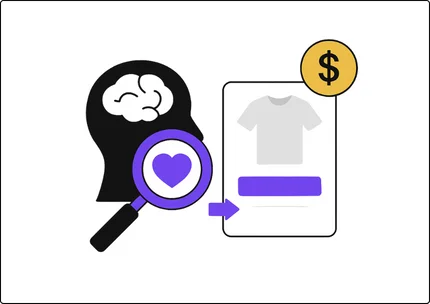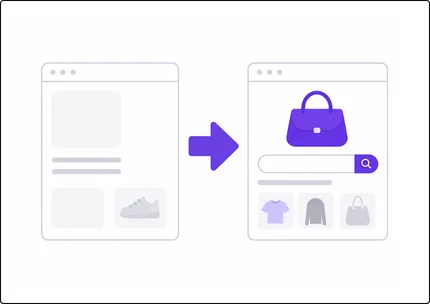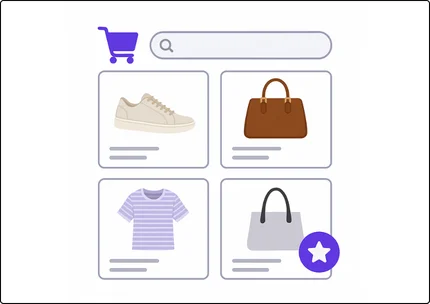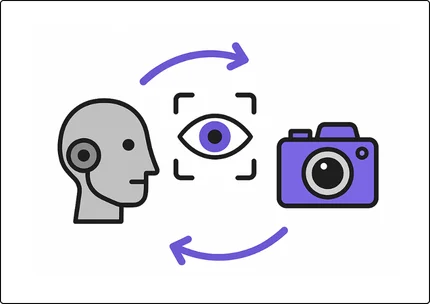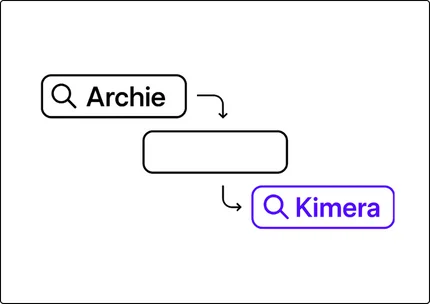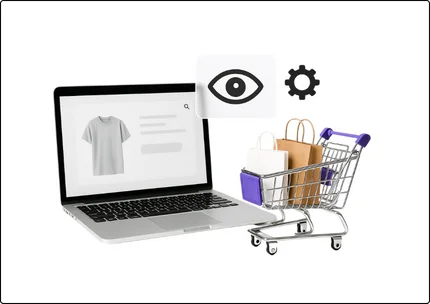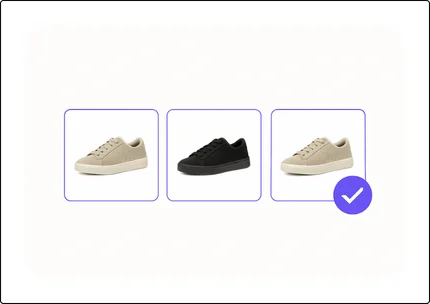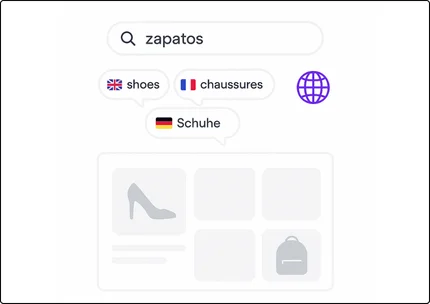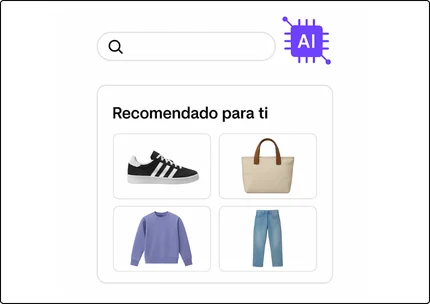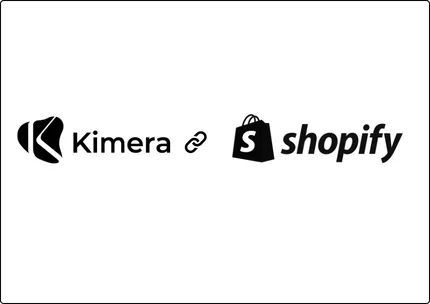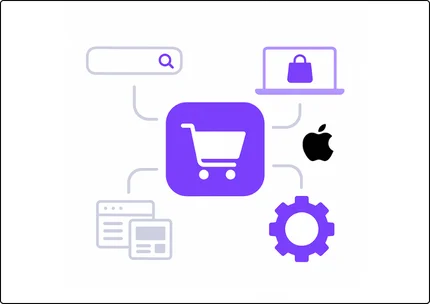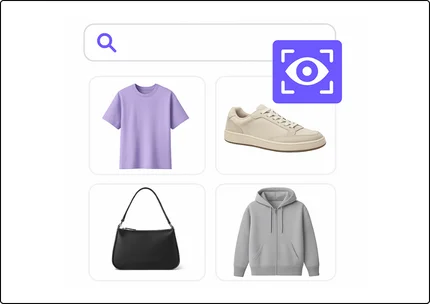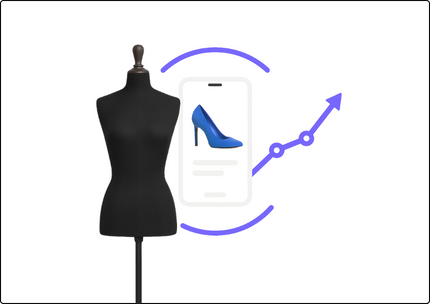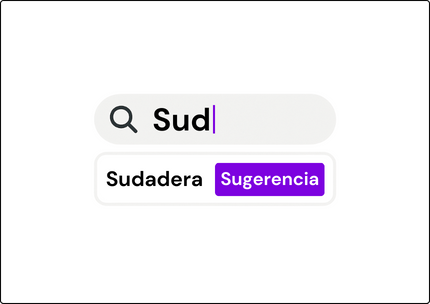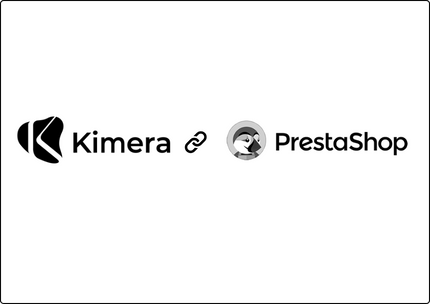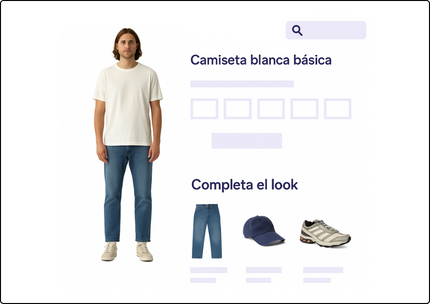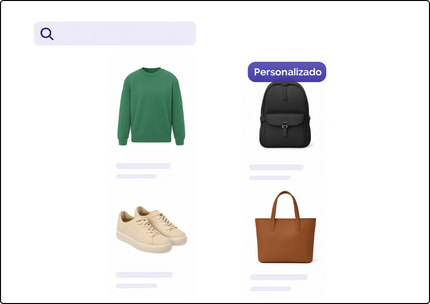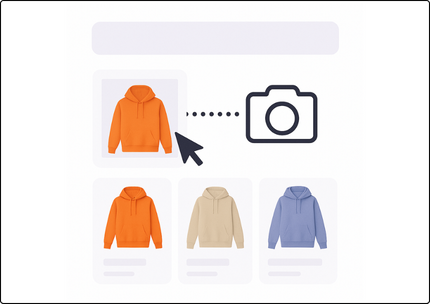Customer psychology has become a fundamental pillar for all successful businesses. Understanding how the consumer’s mind works and knowing which are the agents that make them make a decision is key to achieving sales objectives.
We currently have many tools that make our tasks easier, and which, when used properly, can help us to increase the average purchase ticket. This is the case of recommendation rules, a very powerful ally for influencing our customers’ purchasing decisions.

Customer Psychology in Ecommerce
Customer psychology refers to the study of how emotions, thoughts and perceptions influence buying behavior. In the eCommerce environment, this translates into understanding what motivates customers to choose certain products over others and how shopping experiences can be designed to maximize these motivations.
Perceived Value, Exclusivity and Average Ticket
One of the key factors in customer psychology is perceived value. Customers do not always buy products based solely on price or technical features. Often, perceived value, which can be influenced by brand, perceived quality, and exclusivity, plays a key role.
According to Dr. Robert Cialdini, consumer psychology expert and author of the book “Influence: The Psychology of Persuasion,” the perception of value and exclusivity can be a powerful motivator in purchasing decisions. Understanding these aspects is essential to any ecommerce recommendation strategy.

Perceived Value
Perceived value is a customer’s subjective evaluation of a product, based on factors such as quality, usefulness and brand reputation. Customers are often willing to pay more for products that they perceive to be of higher quality, even though objectively they may not have a significant difference in functionality over less expensive products.
Some of the aspects that can help improve perceived value are:
- Quality & Brand: Products from well-known brands are often perceived as being of better quality, which justifies a higher price. Value perception can be positively influenced by detailed descriptions, customer reviews and attractive visual presentation.
- User Experience: A good shopping experience, including intuitive navigation, efficient customer service and easy checkout processes, also contributes to perceived value.
- Image and presentation: Product photos and the quality of the pages greatly influences when it comes to making evaluate the perceived value. Low quality photos, poor wording or poor quality of the website will make the consumer doubt.
Exclusivity
Exclusivity refers to the perception that a product is unique or difficult to obtain. This perception can significantly increase a customer’s desire for that product, justifying a higher price and increasing the average ticket.
You can bring exclusivity to a product in different ways:
- Limited Editions: Products that are presented as limited editions or special collections create a sense of urgency and exclusivity, motivating customers to buy quickly so as not to miss the opportunity.
- Customization: Offering customization options can make products perceived as more exclusive, as each customer feels that they are buying something unique and tailor-made.
Increase in Average Ticket
Both factors, perceived value and exclusivity, are directly related to the increase in average ticket. When customers perceive high value and exclusivity in products, they are more willing to spend more, resulting in an increase in the average value of each transaction.
How Recommendation Rules Work
Recommendation rules allow ecommerce to guide the customer shopping experience in a strategic way. These rules can be configured to display products that not only match the customer’s immediate interests, but also enhance the perception of value and exclusivity, thus increasing the average ticket. For example:
- Increase Average Ticket: If a customer is looking at a specific brand of sneakers, the rules may recommend similar but higher priced products within the same brand. This not only improves the average ticket, but also reinforces the perception of quality and exclusivity of the recommended product.
- Inventory and Excess Stock Management: In cases where excess stock needs to be disposed of, rules can be configured to recommend similar products of comparable price, but which have excess inventory. This maintains the perception of value while optimizing sales of excess inventory, helping to increase the average ticket by promoting additional sales.
- Infinite customization: You can decide exactly what you want to recommend to a customer in a given search, either specific products, product categories or products that match X feature (e.g. if the customer is looking at a blue Nike t-shirt, I can recommend blue t-shirts of any brand with a higher price range than yours, or I can recommend blue Nike t-shirts with a higher price range).
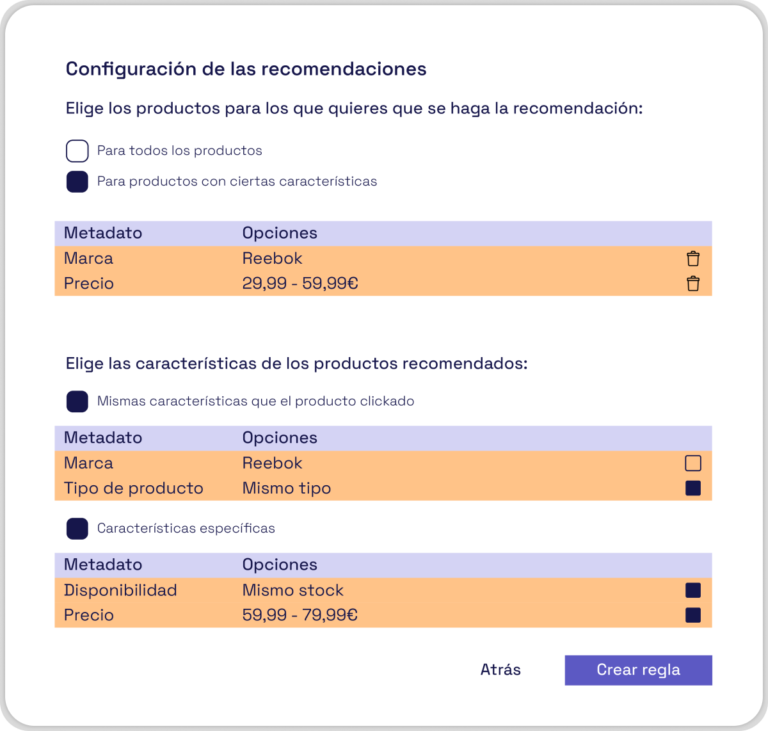
Influence on Purchasing Decisions
By implementing these recommendation rules, ecommerce can influence purchasing decisions in several ways:
- Creation of Urgency: By recommending exclusive or limited edition products, a sense of urgency is created that motivates the customer to make the purchase quickly, thus increasing the average ticket.
- Quality Reinforcement: Recommending higher value products within a brand reinforces the perception that the brand offers high quality products, which in turn can justify a higher price and increase the average ticket.
- Personalization: Showing products that align with the customer’s interests and previous buying behaviors makes them feel understood and valued, improving their shopping experience and increasing the likelihood of conversion, as well as the average ticket.

Apply Recommendation Rules to your eCommerce
Now that you know how recommendation rules work and how they can help you improve your average ticket, it’s time to apply them.
With Kimera Technologies’ tool and its simple interface you can program and customize recommendations to get the most out of your eCommerce.
Schedule a demo now and see what Kimera can do for your business, the return on investment will be very high, and we say it with statistics:
We improved conversion rate by 23%, search accuracy by 187% and CTR by 38%.
